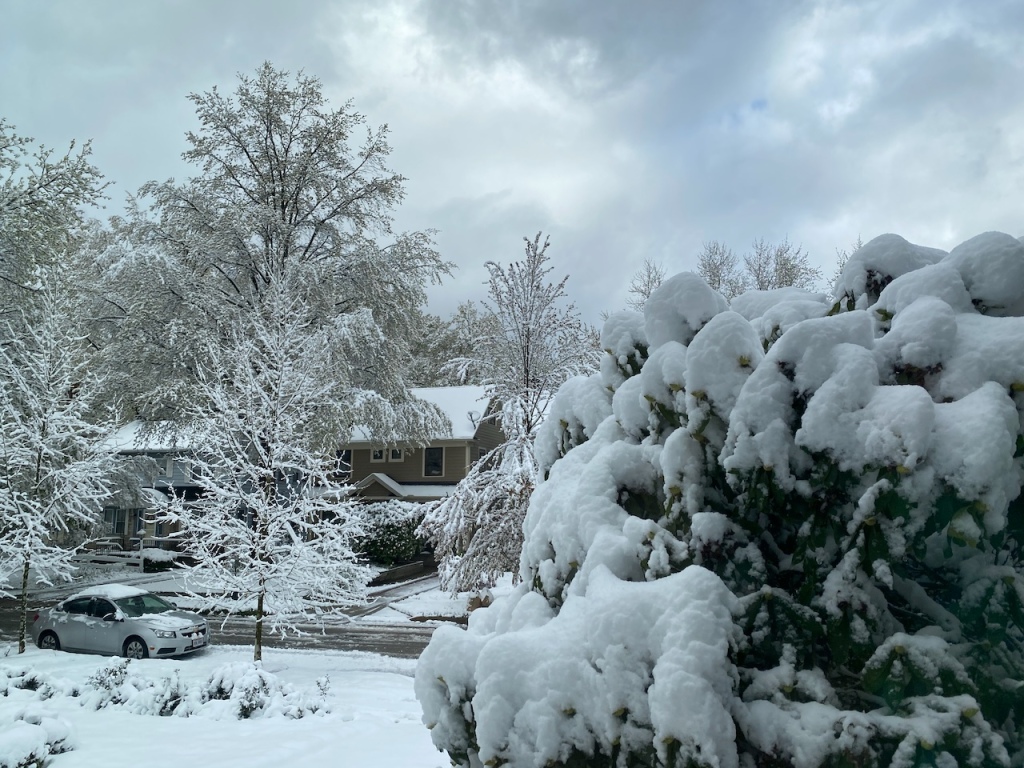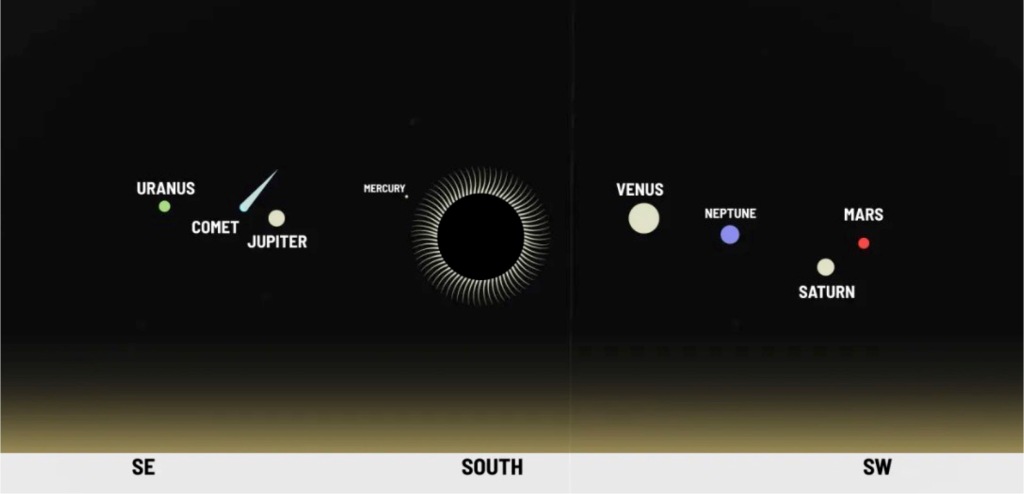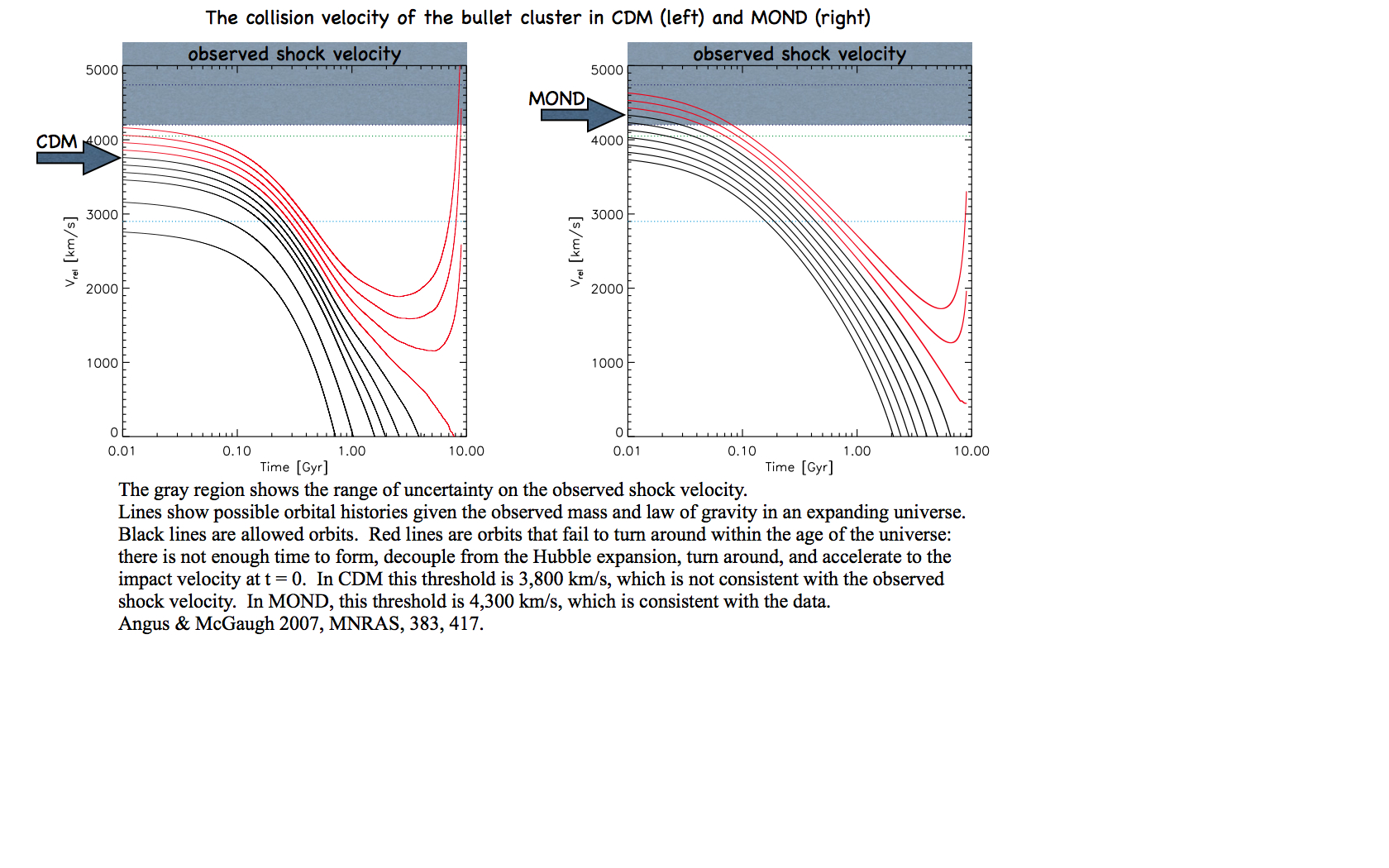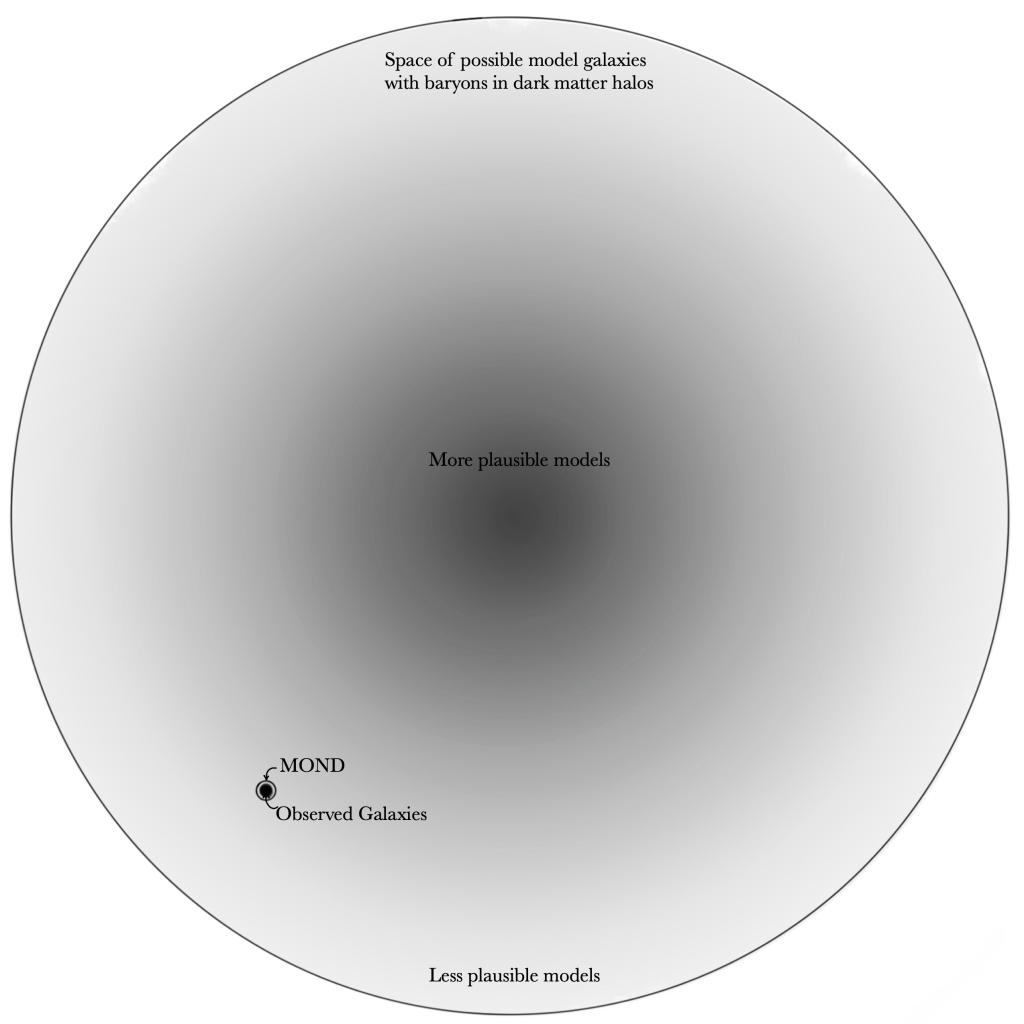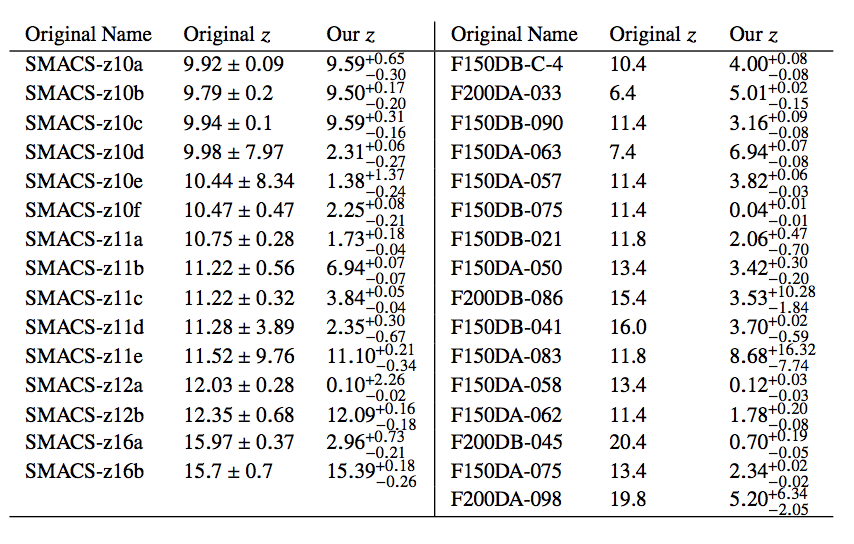
I have been spending a lot of time lately writing up a formal paper on high redshift galaxies, so haven’t had much time to write here. The paper is a lot more involved than I told you so, but yeah, I did. Repeatedly. I do have a start on a post on self-interacting dark matter that I hope eventually to get back to. Today, I want to give a quick note about the MHONGOOSE survey. But first, a non-commercial interruption.
